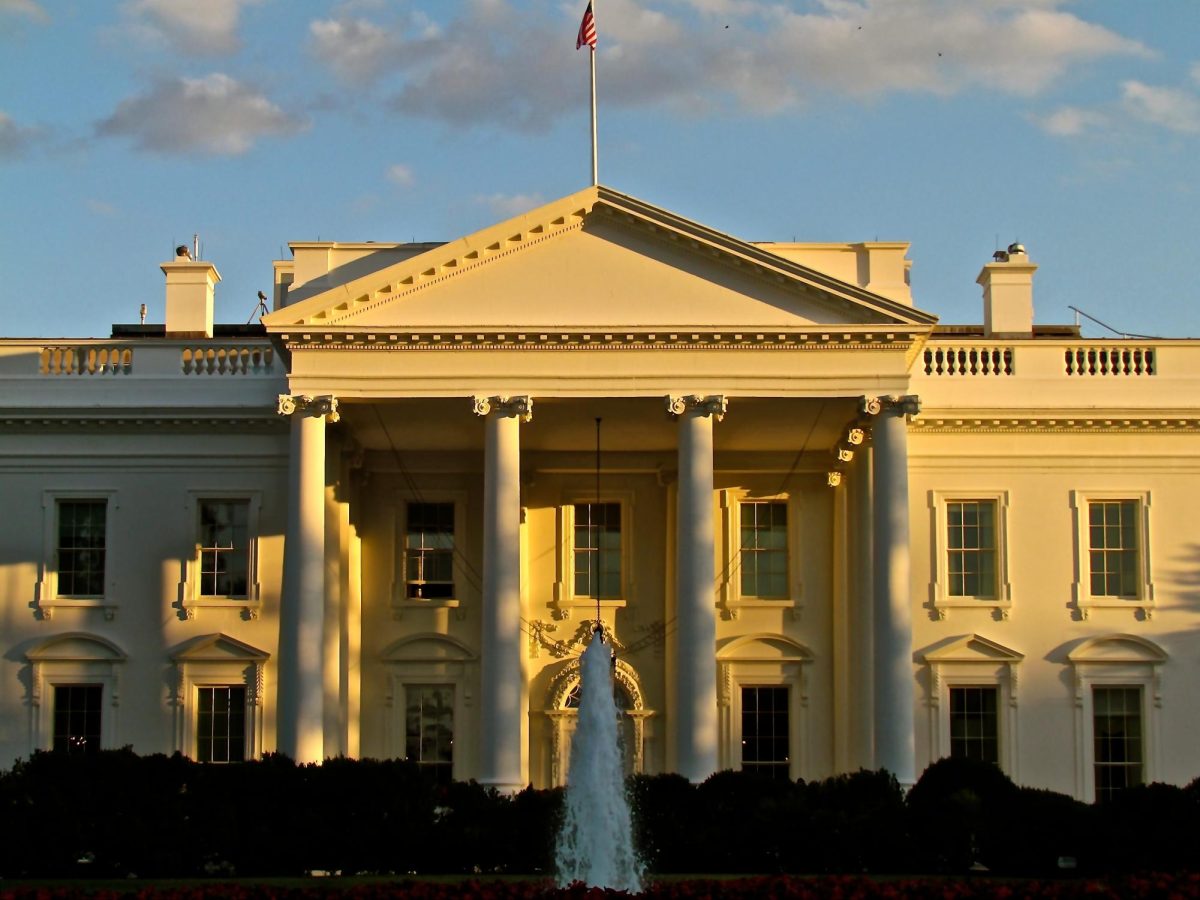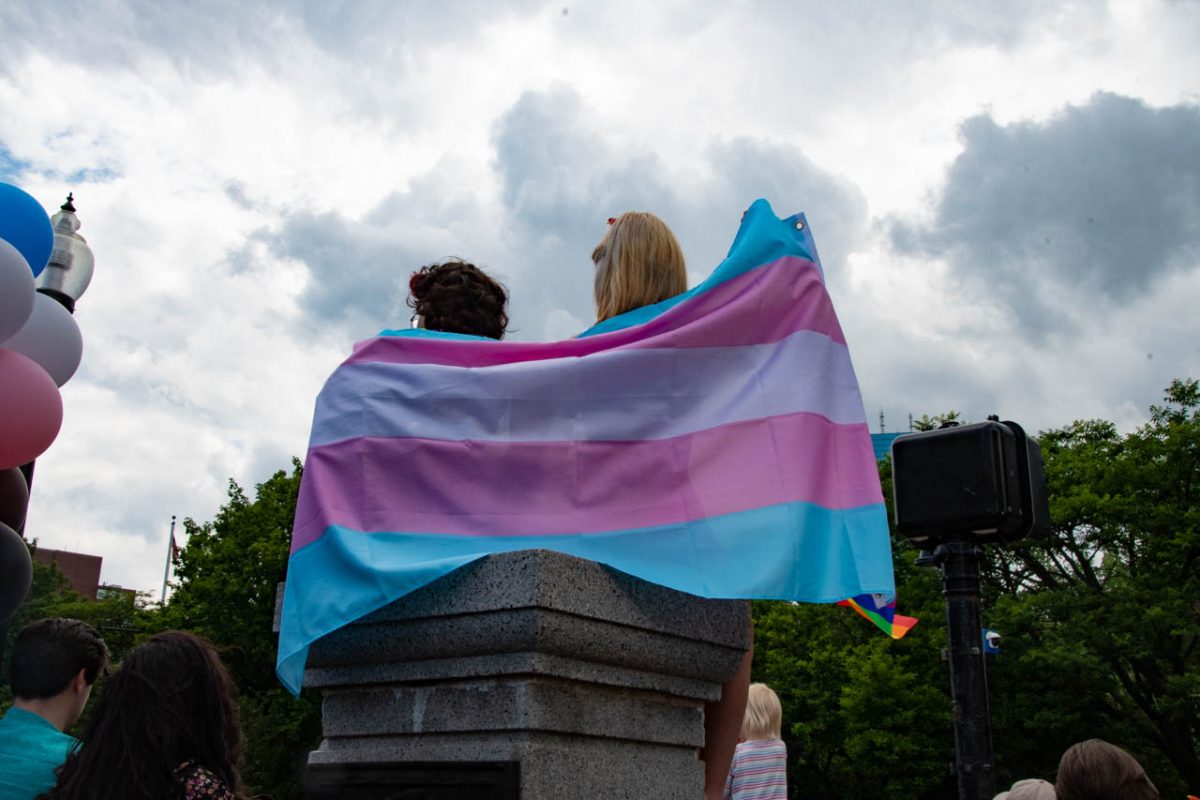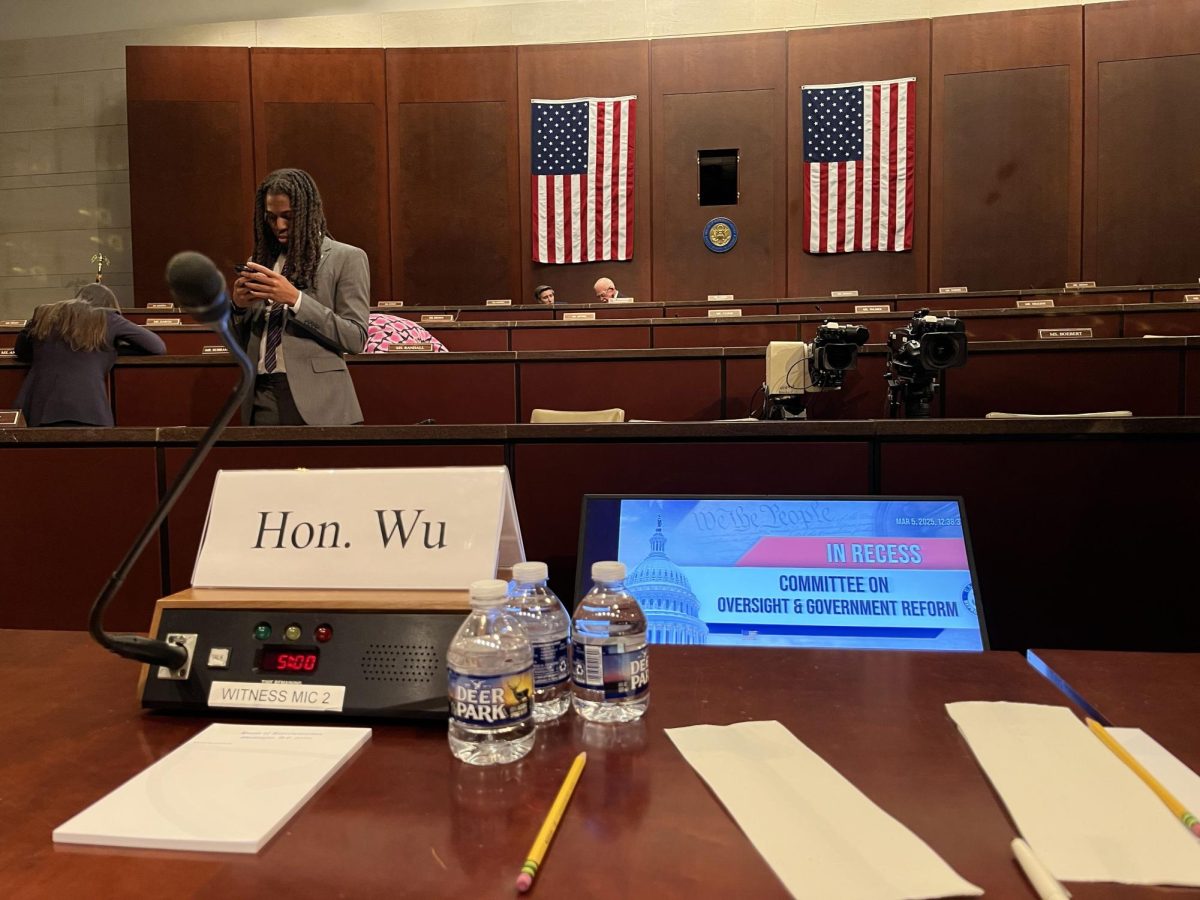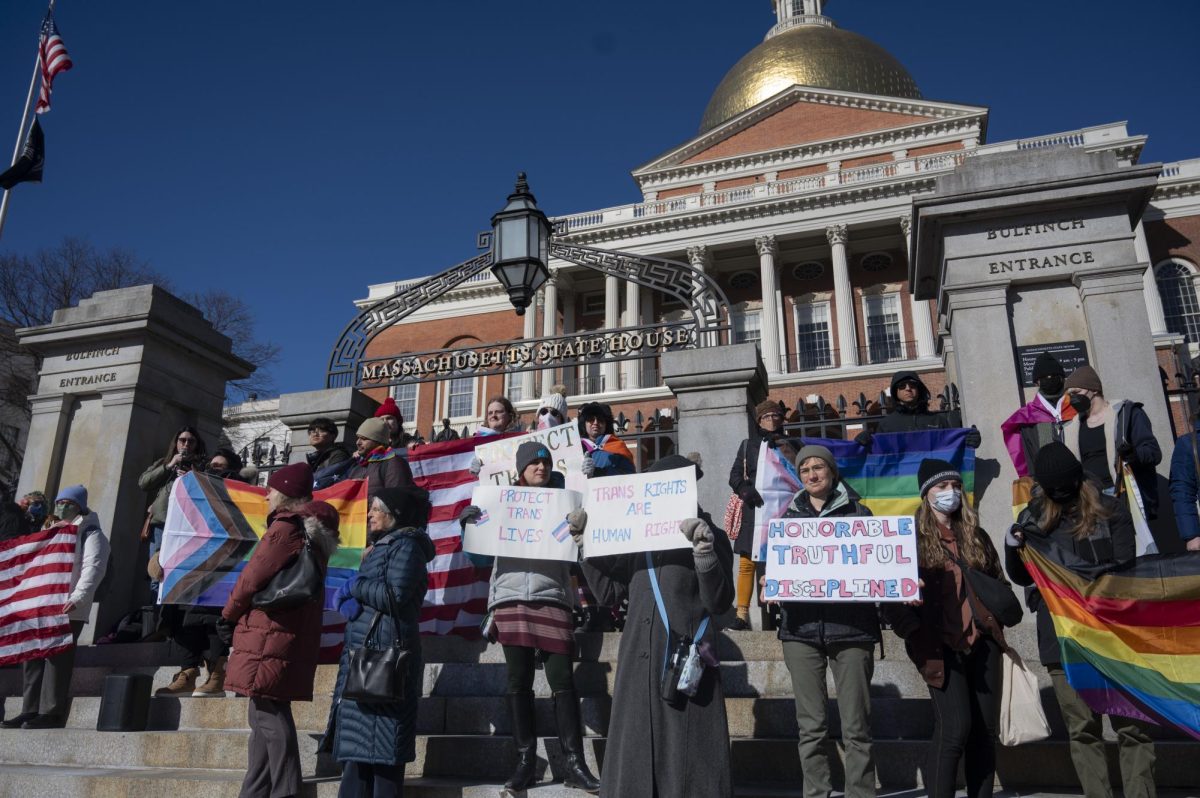Members of the Biden-Harris administration spoke to student journalists across the country Sept. 25 during The White House’s first Campus Press Briefing for the 2023-24 academic year.
Richard Sweeney, the administration’s policy advisor for youth, led the conversation, passing the virtual microphone to subject-matter experts. The discussion focused on issues relevant to students, including education costs, the climate crisis and mental health. Communications Director Ben LaBolt began the briefing by speaking about college affordability.
“The administration is continuing to pursue an alternate plan to debt relief. President Biden announced this the day the Supreme Court ruled against his original debt relief plan,” LaBolt said. “We know that many young people are worried about student loans as a barrier to opportunity.”
Biden’s debt relief plan, announced in August 2022, would have canceled student debt of up to $20,000 for qualifying borrowers. With a 6-3 majority in Biden v. Nebraska, the U.S. Supreme Court ruled that the plan violated federal law, striking down the measure.
During the question-and-answer portion of the briefing, a student journalist asked about what actions the Biden-Harris administration is taking to combat student debt.
Bharat Ramamurti, deputy director of the National Economic Council, responded in a similar fashion to LaBolt.
“There are ongoing efforts to make existing student debt relief programs work better,” Ramamurti said. “Historically, those programs have not worked very well … since the president came to office he’s made those programs work a lot better.” One being the Public Service Loan Forgiveness program, intended to relieve public servants of debt.
Ramamurti said that the Biden-Harris administration has provided $117 million in debt repayment since taking office.
An additional question was asked about what the Biden-Harris administration was doing to combat the Supreme Court’s decision to eliminate the use of affirmative action in college admissions after being a significant part of the process for 45 years.
“The president issued a statement certainly disagreeing with the Supreme Court decision. He believes that diversity is a huge strength of the U.S.,” LaBolt said. “In August, the administration released guidance to schools that noted what was called the possibility of an adversity standard to take into consideration the adversity a student had gone through in their life.”
The Northeastern community was assured that the university would continue its commitment to having a diverse global community by President Joseph E. Aoun.
LaBolt said the proposed adversity standards could take into account difficulties that applicants have experienced as a result of their race.
Press Secretary Karine Jean-Pierre brought Biden’s dedication to historically Black colleges and universities, referred to as HBCUs, to the conversation.
“Today the president met with his board advisors on HBCUs…[they] are something that he is incredibly committed to, especially being from Delaware and also because of how he got into politics with the civil rights movement,” Jean-Pierre said.
LaBolt then steered the conversation toward Biden’s dedication to climate change.
“The president has been working hard to conserve America’s natural beauty and strength,” LaBolt said. “He’s protected more than 21 million acres of public lands and waters … on track to conserve more lands and waters than any president in history.”
Biden signed the Inflation Reduction Act into law Aug. 16, 2022 with the goal of lowering renewable energy costs to incentivize large corporations to transition to renewable energy in a more timely manner.
Maria Michalos, associate communications director of the White House, said that the Inflation Reduction Act is “the largest investment in climate and environmental justice in history.”
The final topic that LaBolt addressed during the briefing was access to mental health care. “Students across the country have been struggling with a range of mental health challenges. The president hears you. That’s why he’s created a mental health strategy as part of his unit agenda,” he said. Students at Northeastern University have found administration to be resistant to change, making it difficult to improve mental health services on campus.
In June 2022, Biden signed the Bipartisan Safer Communities Act into law, an act expanding and increasing mental health support in the U.S. schools. The act focuses on initiatives for students, educators and school staff around the country.
LaBolt said the administration is “committed to creating a mental health system that works for everyone.” The act provides funding to “hire and train over 14,000 mental health professionals to work in America’s schools.”
LaBolt also emphasized that the administration is taking a comprehensive approach to young people’s mental health.
“The president understands that young people need access to mental health care outside of school … some insurance has made it harder to access mental health care,” LaBolt said.
The U.S. Department of Labor proposed a rule for the 2008 Mental Health Parity and Addiction Equity Act, or MHPAEA, to tackle this obstacle.
The proposed rule for MHPAEA is “a regulation that would strengthen requirements for insurers to provide access to mental health in the same way that they do to physical health,” LaBolt said.










![A demonstrator hoists a sign above their head that reads, "We [heart] our international students." Among the posters were some listing international scientists, while other protesters held American flags.](https://huntnewsnu.com/wp-content/uploads/2025/06/image12-1200x800.jpg)








